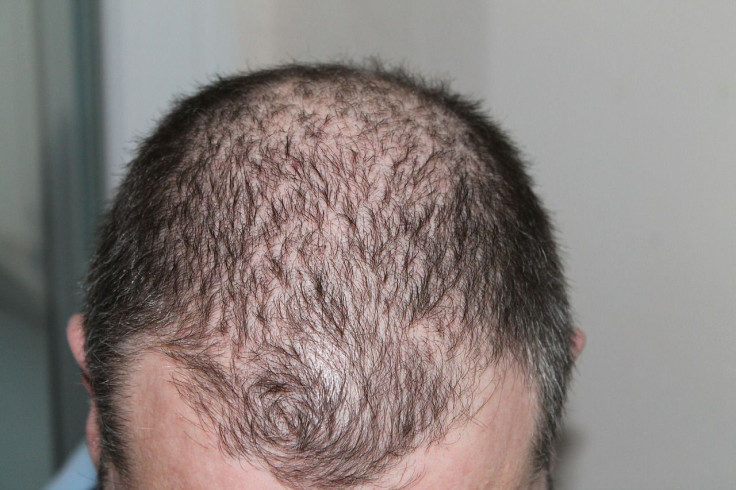New Study Reveals That Long Working Hours May Result To Hair Loss

Lifestyle factors have long been found to impact the health of your hair greatly. From using chemicals contained in hair sprays and wax or gel to staying up late to work, these factors can cause you to lose your hair.
Becoming partially or bald is not that serious. It can be particularly distressing, however. Some people live with it, but others may find it difficult to cope. For the latter, it is one source of depression and the loss of confidence in oneself.
Under regular circumstances, you may shed around 50 to 100 hairs every day, most of the time, without you even noticing it. Working for long hours, however, can cause normal hair loss to increase by more than 100%.
Results of a study, which was published in the Annals of Occupational and Environmental Medicine journal, revealed the relationship of hair loss and baldness. The report noted that men who are in their 20s and 30s working no less than 52 hours per week lost hair rapidly compared to those who worked regular office hours.
Those who worked not more than 40 hours each week were classified as normal, while those who work up to 52 hours each week were identified as “long.” On the other hand, working men who put in more than that were categorized as “much longer.”
Even after factoring in various lifestyle habits and status, researchers found that all participants showed similar results. According to the research team, the result showed evidence that too much work may cause follicle damage leading to hair loss. They say working for long hours rapidly ushered in the end of active hair growth.
Their findings led the South Korean research team to urge their legislators to craft laws that seek to limit the number of working hours. According to Kyung-Hun Son, the leader of the research team, their study showed the link between alopecia development in male workers and long working hours.
He recommended limiting the working hours, particularly among younger workers in their 20s and 30s, to prevent the development of alopecia. Working regular office hours may help prevent them from this condition.
The research, which involved more than 13,000 working men, is the first of its kind to look into the relationship between hair loss and long working hours.
© Copyright IBTimes 2025. All rights reserved.





















